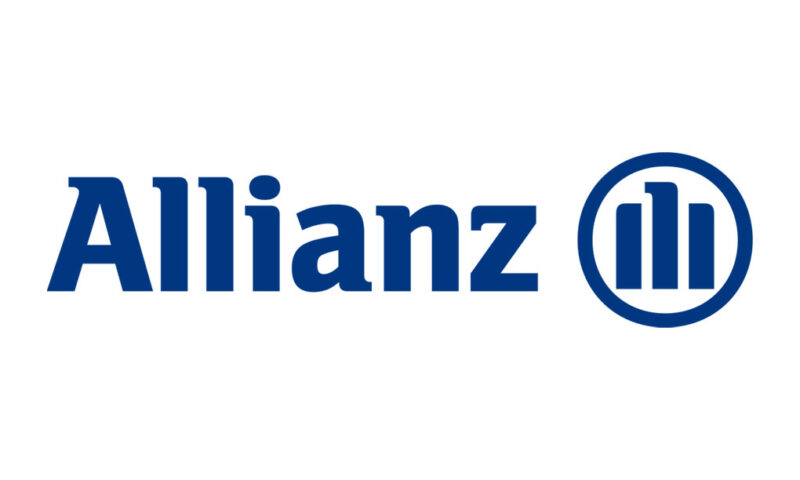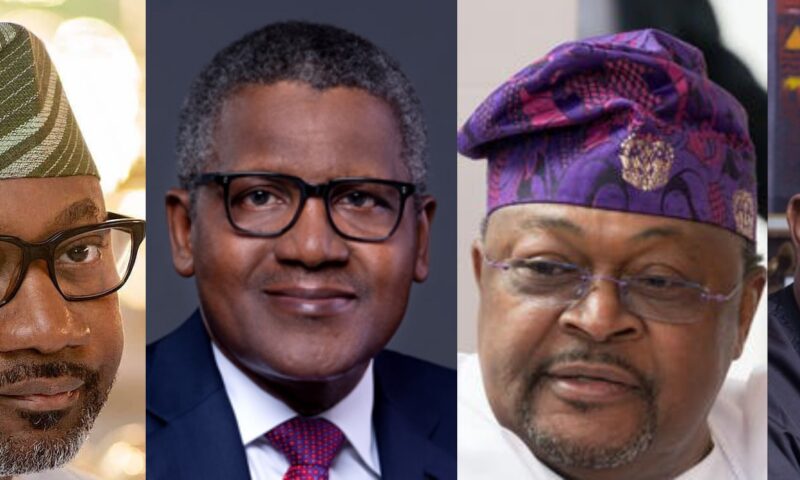Allianz announces operating profit of €14.7bn in 2023
By Favour Nnabugwu
Insurance giant, Allianz has reported a record operating profit of €14.7 billion for the full year 2023, an increase of 6.7% from €13.8 billion in the previous year.
Insurance giant Allianz has reported a record operating profit of €14.7 billion for the full year 2023, an increase of 6.7% from €13.8 billion in the previous year, driven primarily by the Life/Health (L&H) business segment.
Total business volume grew 5.5% to €161.7 billion in 2023, which Allianz attributes to its Property and Casualty (P&C) business segment on the back of positive price and volume effects, supported by the performance of its L&H segment driven by growth in the US.
Core net income grew from €7 billion in 2022 to €9.1 billion in 2023, driven by an improved operating profit in the current period, as net income increased 33% year-on-year to €8.5 billion.
By segment, P&C delivered total business volume growth of 8.4% to €76.5 billion, as operating profit rose 1.2% to €6.9 billion for FY23, driven by a higher operating investment result, partly offset by lower other operating and insurance service results.
The P&C combined ratio increased by 0.6 percentage points to 93.8% for full year 2023. The loss ratio jumped 0.9 percentage points to 69.3% mainly due to higher claims from natural catastrophes and less run-off. Allianz notes that this was partially offset by a favourable impact from discounting and an improvement in the expense ratio by 0.3 percentage points to 24.6% driven by the acquisition cost ratio.
In its L&H business, Allianz has reported that the present value of new business premiums grew to €67.3 billion from €66.2 billion in 2022, driven by higher volume in the US and Allianz Re, the firm’s reinsurance arm. L&H operating profit increased by €1 billion year-on-year to €5.2 billion, while the contractual service margin increased from €52.2 billion to €52.6 billion.
The new business margin remained stable at 5.9%, while the value of new business jumped to €4 billion in 2023 from €3.9 billion in 2022.
In its asset management business, Allianz has reported operating revenues softened 1.8% to €8.1 billion in 2023, with higher performance fees offset by lower AuM-driven revenues. Operating profit in the business totalled €3.1 billion in 2023, down €100 million year-on-year.
Third-party assets under management were €1.712 trillion for 2023, up €77 billion year-on-year, as total assets under management were €2.224 trillion, up €82 billion on 2022.
For 2024, the re/insurer has targeted an operating profit of €14.8 billion, plus or minus €1 billion.
Oliver Bäte, Chief Executive Officer, Allianz, commented, “Allianz extended our track record of delivering a record operating profit and core net income, consolidating our leading position as one of the world’s most resilient global insurers and active asset managers.
“Our results demonstrate the trust that our customers place in Allianz, and in the resilience and potential of our business model and our people. Our Property-Casualty business saw strong growth while we supported our customers affected by elevated levels of natural catastrophes. Our Life/Health segment delivered profitable growth as we developed attractive solutions to protect our customers from the effects of inflation on their savings, and in our Asset Management business, we achieved robust net inflows in a volatile capital market environment.
“The discipline of our strategy, execution, and capital management bolsters our operating profit outlook for 2024, our new dividend policy, and our renewed share buy-back program. In the coming year, we will continue to focus on unlocking the benefits of our scale to further increase our productivity, and on converting our excellent customer experience into profitable customer growth.”
Claire-Marie Coste-Lepoutre, Chief Financial Officer, Allianz, said: “We’ve achieved another year of record results and all operating segments finished the year above or close to their operating profit target mid-points.
“In our Property-Casualty business we recorded strong revenue growth, driven by healthy pricing and higher volumes. Growth was spread across our entities, reflecting the strength of our diversified global franchise. Our focus on technical excellence helped us to successfully mitigate the impact of inflation on our operating profit, which faced an above-average level of natural catastrophes. Our investment result benefited from higher interest rates.
“The operating profit in our Life/Health segment exceeded our outlook mid-point and was also well above the prior year. Our value creation is supported by a healthy new business margin that we maintained by providing attractive solutions to our clients, allowing us to record a solid new business development.
“In Asset Management, our operating profit was above our outlook mid-point, and we achieved positive net inflows in a volatile market environment. A competitive cost-income ratio and an increase in our third-party assets under management bode well for future profitability.
“We will continue to focus on generating attractive and sustainable returns for all of our stakeholders while not compromising on our resilience. We enter 2024 with confidence and target a full-year operating profit of 14.8 billion euros, plus or minus 1 billion euros.”



